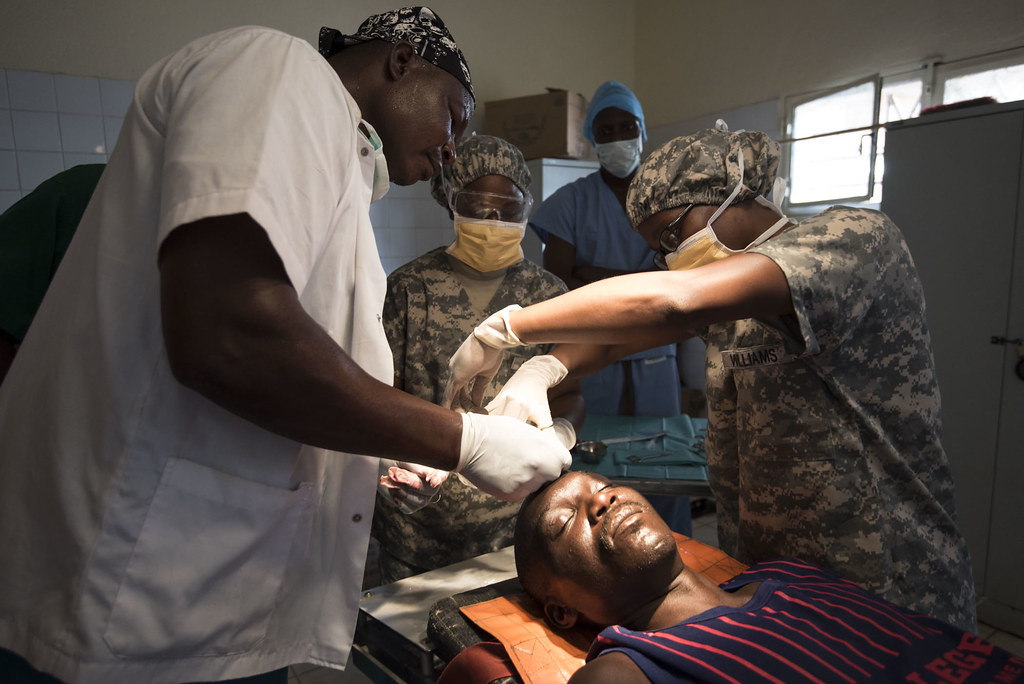Looking for Therapeutics Mock Recall planning in Culver City CA?
Why YourTherapeutics Mock Recall company needs mock recall product planning, assessment and training.
When Lot Traceability is not enough…
Each year, product recalls cost companies millions of dollars in industries such as pharmaceuticals, food and beverage, cosmetics, medical devices, and more. They’re one of the biggest threats to profitability and associated with lost costs, delayed product delivery, and reduced consumer trust. Nonetheless, many risk management experts believe that more intricate product supply chains and better safety regulations mean that recalls are inevitable no matter the industry or the product. That’s why many companies invest in learning how to conduct mock recalls to better prepare for the actual event.
Any organization with a product on the market may one day get hit by a recall. Read on to discover what mock recalls and recall simulations are, how they can help you prepare for a live event, and how an automated mock recall product management system can help.
What are Mock Recalls and Planning, Recall Simulations, and Assessments, and Why Do They Matter?
A mock recall typically refers to an inventory-based traceability exercise. A product is selected and the organization conducts a complete tracking of the first ship to or all products used in, depending on if a raw material/ingredient is selected or a finished product or both. There are time and accountability goals – so ideally 100% of product is accounted for within 2 hours.
A recall simulation tests the organization’s entire process, from receipt of the information that there may be a recall issue, through investigation, regulatory contact, media prep and response, etc. The simulation includes the mock recall elements as the product is traced with the same accountability and time goals. It challenges all roles and responsibilities of the recall team, ensures the plan is up to date and acts as a training tool.
A written Recall Plan with an annual plan review and a Recall Simulation is a prerequisite program requirement for all GFSI Standards. FDA’s 21 CFR Sec. 7.59 provides general industry guidance suggesting a written recall contingency plan, positive lot identification and the maintenance of distribution records to facilitate a consumer level recall of violative products.
The primary objective in any recall event is to protect the consumer’s health, and then protect the Brand. A Recall Simulation is an essential exercise to assure brand and consumer protection.
How is a Recall Simulation different from a lot trace exercise?
- A lot trace exercise assesses a company’s ability to either forward trace an ingredient or component from receipt to finished product at retail or a backward trace from a finished product to the supplier. This exercise tests a company’s record keeping procedures and systems as well as the internal tracking systems for components and finished goods.
- A Recall Simulation includes all aspects of a “real” recall situation, challenging people, processes and systems. One of the most important parts of a Recall Simulation is it puts the team in a situation which allows it to proactively practice its recall process, evaluate the decision process and assess compliance with the plan. Your company engages the team in scenarios at various levels of complexity based on their current sophistication and systems. The simulation starts with initial issue investigation with limited information, proceeds through decision making with the recall team, then lot trace exercise and root cause analysis, while continuously evaluating information and reviewing records, all under strict time pressures. Templates are prepared for the initial communications with employees, distributors, brokers, clients, customers, consumers and the media.
- Higher level simulations may involve full communications protocols and staged interviews with the media. These are performed in cooperation with our partners in public relations firms or your retained media partners.
How long does a simulation take?
- The simulation requires several days preparation for the company Recall Coordinator to develop the scenario and identify a lot code currently in retail stores.
- The typical on-site simulation takes one full day. An after action review and close-out meeting may be scheduled the following day limited to senior management or with all participants.
- A comprehensive report summarizing performance and providing recommendations is subsequently issued.
Who is Involved?
The core recall team is involved in the entire exercise. The top-level decision makers may participate in the entire exercise at their discretion or limit their involvement for briefing and decisions. Alternate core team members may participate as observers for training, and other staff members, support personnel and outside resources as needed to provide investigative information, system access or expert consultation.
Strongly consider equipping your task force with software management tools that support a centralized, rapid response. SaaS-based software deployed on-demand keeps the team, manufacturers, vendors, or other relevant stakeholders in communication.
Develop an effective Mock Recall Plan and then Conduct Recall Simulations, Assessments, and Mock Recalls with In-person Training plus the use of an easey to use online Recall Management system with TRIEVR Recall Management.
TRIEVR Recall Management is a 100% SaaS-based recall management platform that’s on-demand when and wherever you need it. However, don’t wait until a recall happens to access this tool. Learning how to conduct mock recalls using TRIEVR Recall Management helps familiarize you with this powerful tool and the many features it offers.
If or when a product recall occurs, your team will be better equipped to manage it without the added frustration of having to learn a new platform. That can mean the difference between a swift, professional response to a recall or an embarrassing, expensive fumble.
Request more information from our mock recall and recall simulation team and put your recall planning to the test.
Are You Prepared for a Therapeutics Mock Recall ? Set-Up a Mock Recall and Recall Simulation Exercise with Trievr Recall Management, to Make Sure Your Team is Ready?
Schedule a live demo of TRIEVR Recall now.
